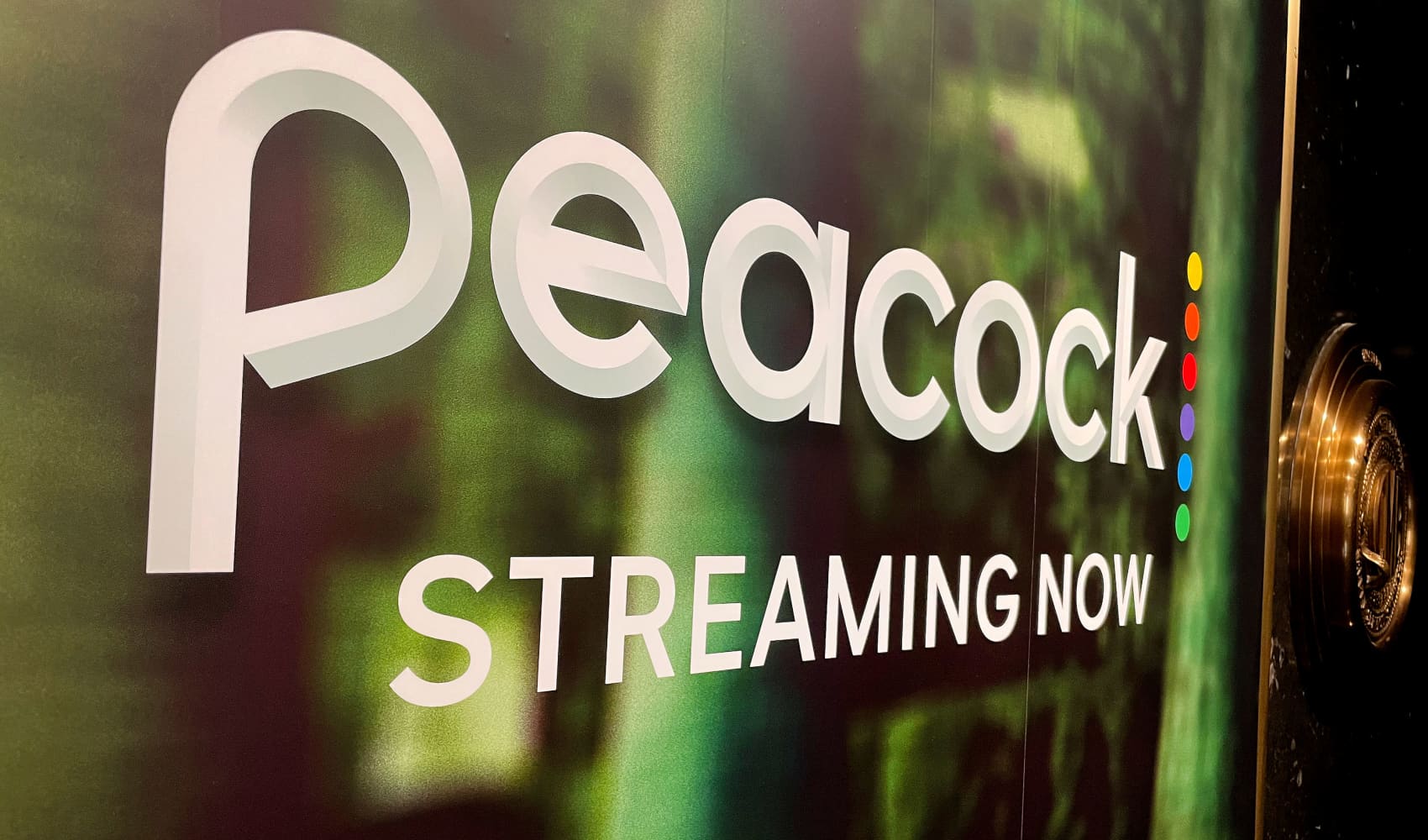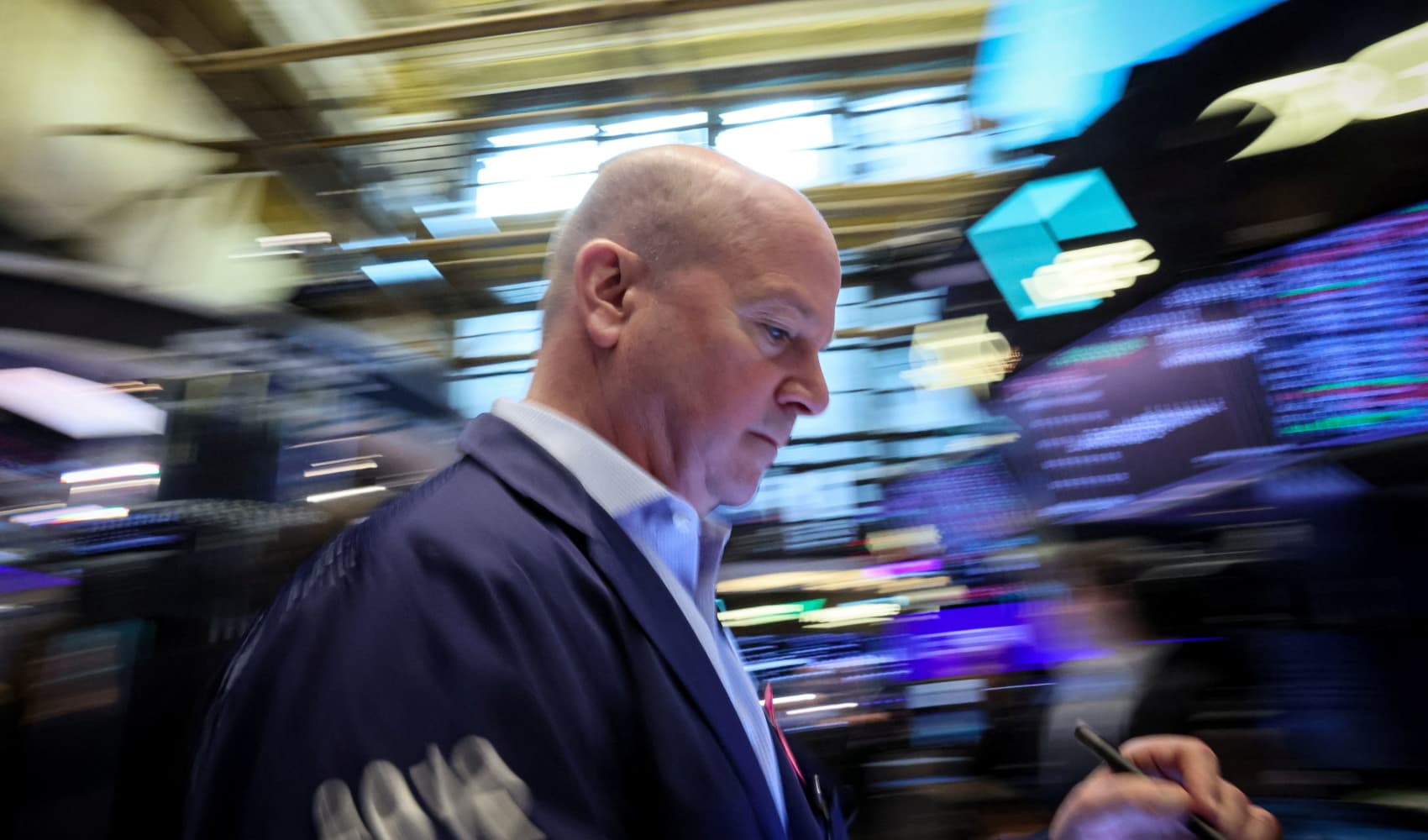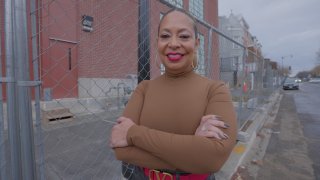
Deryl McKissack's career is a culmination of effort from five generations.
The 62-year-old is the president and CEO of McKissack & McKissack, the Washington, D.C.-based construction management and design firm behind some of today's most recognizable buildings — from building the Smithsonian African American Museum of History and Culture to repairing the Abraham Lincoln and Thomas Jefferson memorials.
The firm's legacy dates back to her great-great grandfather Moses, a skilled brick maker who originally came to the U.S. as a slave in 1790. His skills were passed down and cultivated from generation to generation, prompting two of his grandsons to create a construction company in Tennessee, also called McKissack & McKissack.
That company remains in the family, now based in New York and run by McKissack's twin sister Cheryl. "My father always took us [to] job sites, took us to the office. We talked about it around the table," says McKissack. "It was always a very integral part of our family."
Get a weekly recap of the latest San Francisco Bay Area housing news. Sign up for NBC Bay Area’s Housing Deconstructed newsletter.
Motivated by a desire to strike out on her own, and to see more Black women CEOs in the construction industry, McKissack withdrew $1,000 from her savings account and launched her company in 1990. Today, it brings in between $25 million and $30 million per year, according to documents reviewed by CNBC Make It, and manages $15 billion in projects with offices in Chicago, Dallas, Los Angeles and Baltimore.
"I remember in college, there were probably three women in my class, and my twin sister was one of them. So it's very rare that women are in this industry, but we're excelling," McKissack says.
'I had this burning passion ... that I just had to do this'
Money Report
McKissack left an engineering job with a six-figure salary to launch her company, and quickly learned that even with a Howard University civil engineering degree and relevant work experience, attracting clients was difficult.
Lugging an old projector around, she presented slides of work she'd done for family members to help "sell my wares." She placed a job ad in the Washington Post, and hired an employee.
"It was touch and go because I didn't have a bank that believed in me," says McKissack. "It took me five years to get my first $10,000 line of credit. I probably went to 11 banks that told me 'no' ... [but] I had this burning passion on the inside that I just had to do this, and it was going to work out for me."
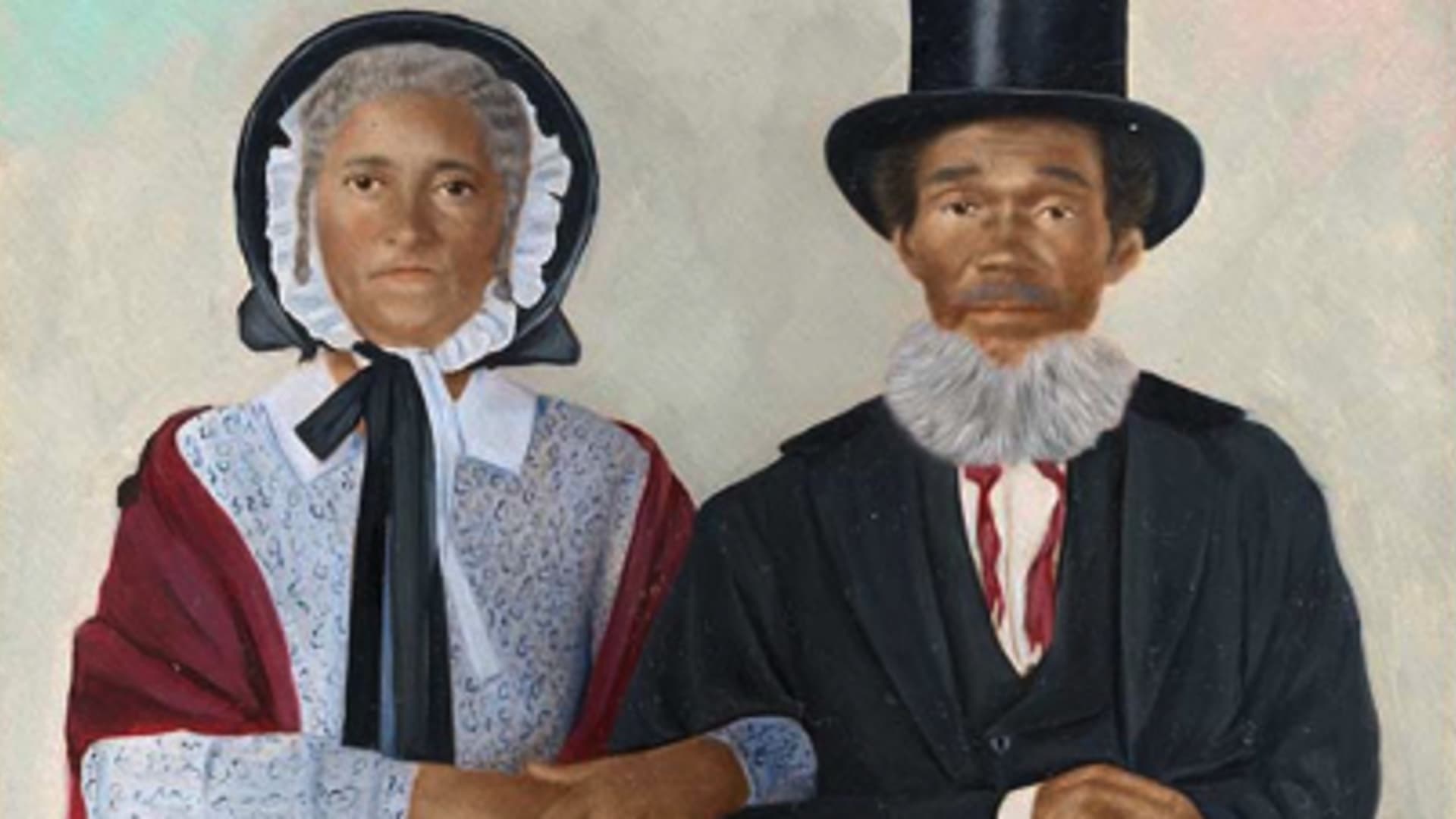
She used her networking skills to land her company's first project: doing interior work at her alma mater. She and her lone employee did all the work themselves, with McKissack putting in 80 hours of labor per week, she says.
One successful job led to another, and McKissack built a portfolio of work to show prospective clients. She applied for jobs as a federal contractor, getting her foot in the door to work on construction projects at the White House and U.S. Treasury building. Larger federal projects followed.
McKissack only paid herself $7,200 her first year in business, she says. Her second, $18,000. She finally paid herself a $100,000 salary after roughly ten years, she adds, prioritizing paying her employees over herself along the way.
"I'm extremely proud of where we are and the projects that we've done ... the impact that we've had in people's lives," says McKissack.
'I haven't made it until more Black [people] have made it'
The global construction industry is projected to be worth $13.9 trillion by 2037, according to a 2023 report from market research firm Oxford Economics. Yet women still make up only 1.4% of construction CEOs worldwide, and Black women account for a fraction of that.
Despite the identical company names, McKissack and her sister do run separate businesses — but they've collaborated on several projects, and often "trade notes" with each other, she says.
"We lean on each other in challenging times. And it's great to have an identical twin that is doing the same thing that I'm doing in a bigger city like New York," she says. "The challenges that she faces are different from mine, but they're similar. So it's good to have someone to talk to."
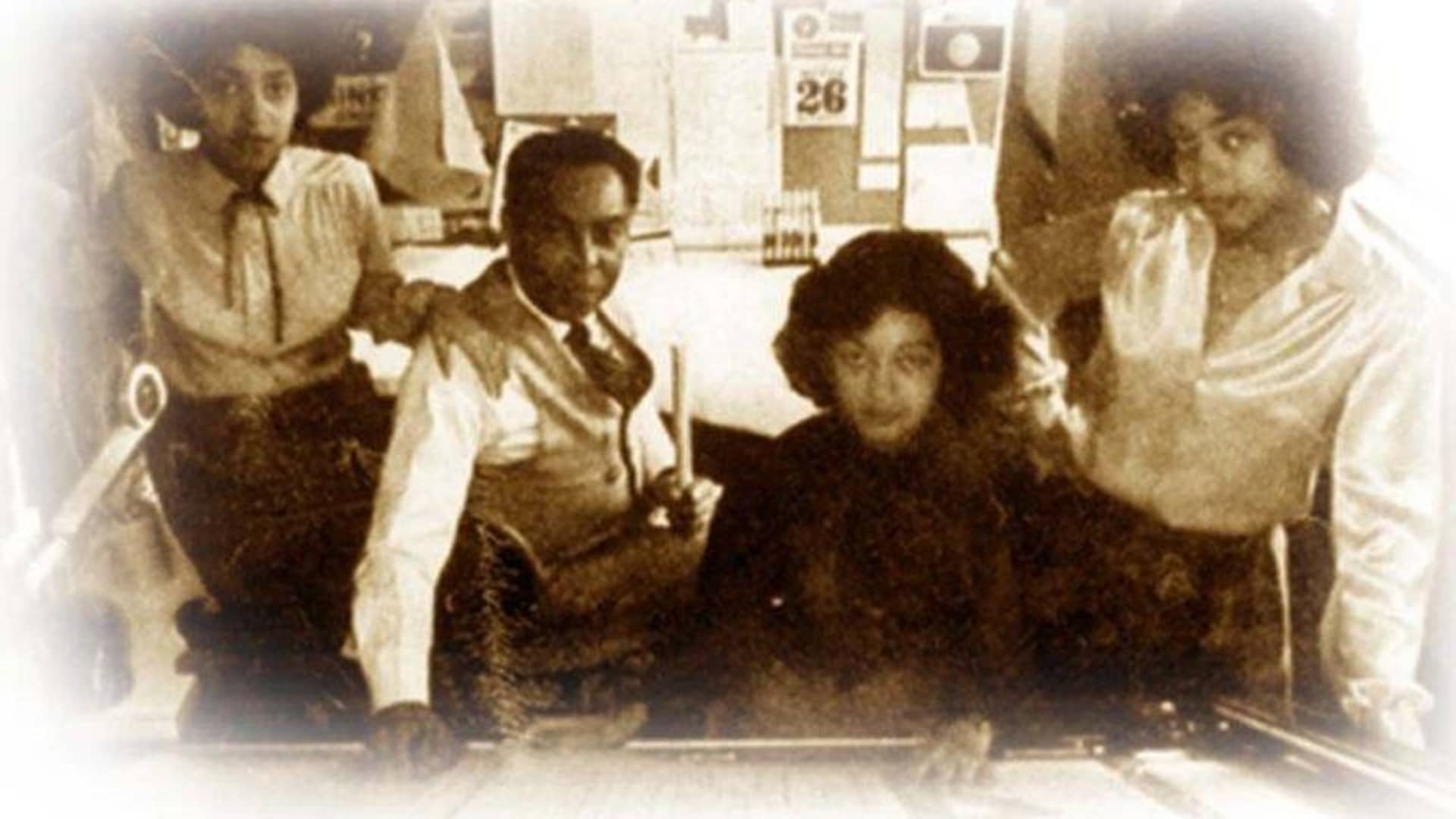
A healthy support system is rare for most Black and women construction executives, largely because so few of them exist, McKissack says. Last year, she founded AEC Unites, a nonprofit that provides professional opportunities for Black talent in the architecture, engineering and construction industry.
"I haven't made it until more Blacks and more women have made it," she says, adding: "Once more people that look like me are in the industry and they're dominating in parts of this industry, then I can sit back and say, 'We've made it.'"
One of them, she hopes, will be her daughter — a bioengineering student at New York University who could become the sixth generation of McKissacks in the construction industry.
"I tell her all the time that all roads lead to McKissack," she says. "And I don't care how she gets there."
Want to make extra money outside of your day job? Sign up for CNBC's new online course How to Earn Passive Income Online to learn about common passive income streams, tips to get started and real-life success stories. Register today and save 50% with discount code EARLYBIRD.
Plus, sign up for CNBC Make It's newsletter to get tips and tricks for success at work, with money and in life.


